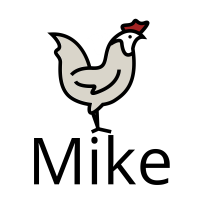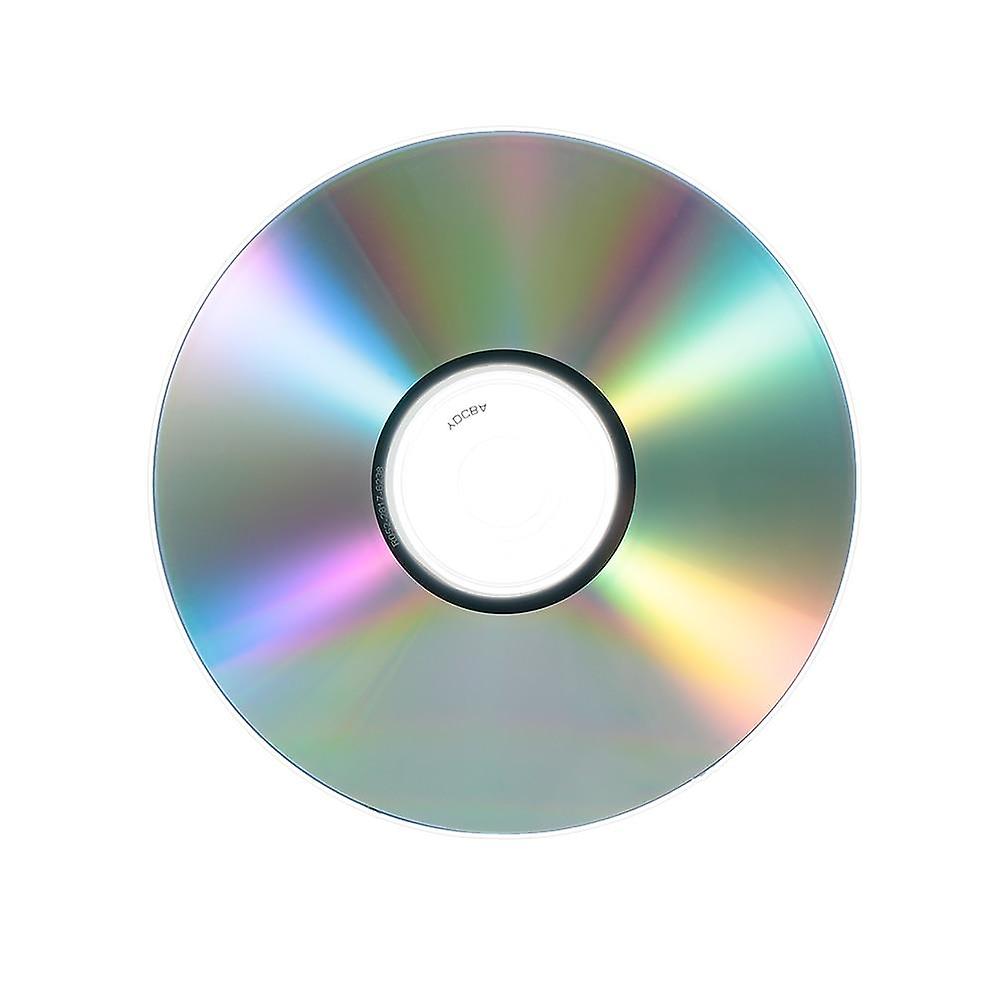I’ve recently started digitizing my mother-in-law’s collection of home movies. What I would love is some recommendations or tweaks I can do to improve the quality and remove any combing or minimize static. I am not particularly concerned with audio quality, but I’ll list it below as well.
And so far I’m enjoying the processes. It’s really fun to see old videos and to learn a bit about video formats and encoding. I’m an amateur when it comes to these kinds of things so I’m learning as I go along. Each tape I make the picture clearer and the file size smaller!
Recording
- Sony Handycam (DCR-TRV27)
- Various DV 60/90 cassette tapes
- Seemingly ran in standard recording mode (tapes are 60 minutes)
VCR
- Elgato USB Analog Video Capture Device
- Handycam’s VCR mode connected via S-Video Cable and 3.5mm audio jack*
* I have ordered a A/V to RCA cable which is the manufacturer’s recommended connection, but unsure about the effects on quality
Software
- OBS for recording the VCR feed
- Downscale Filter: Bicubic (Sharpened scaling, 16 samples)
- Deinterlace - Linear 2x
- 720x540 @ 29.97 FPS (NTSC) (upscaled from 720x480)
- “Indistinguishable Quality, Large File Size”
- .mkv format with H.264 encoder
- Audio Encoder AAC
- Audio 48khz steroe
- Handbrake for re-encoding
- 720x480 @ 29.97 FPS
- H.264 (x264) MKV format
- No additional deinterlacing
- “Constant Quality” set to 20
- Audio Encoder AAC


PS: Since AVIs don’t store the field order, QTGMC+ will fail at detecting the right field order.
AVISynth+ will assume BFF, which is correct for pretty much any DV (there are very few exceptions). But QTGMC+ will try to be clever and assume the field order on its own. And might determine your field order to be TFF (since that is its default).
If you need it, I’ll provide you with a script to change the field order to always be TFF, so QTGMC+ will always work as intended.
As a nice bonus, that way you can also run SMDegrain on the interlaced material, if you don’t need heavy prefiltering (making it twice as fast).